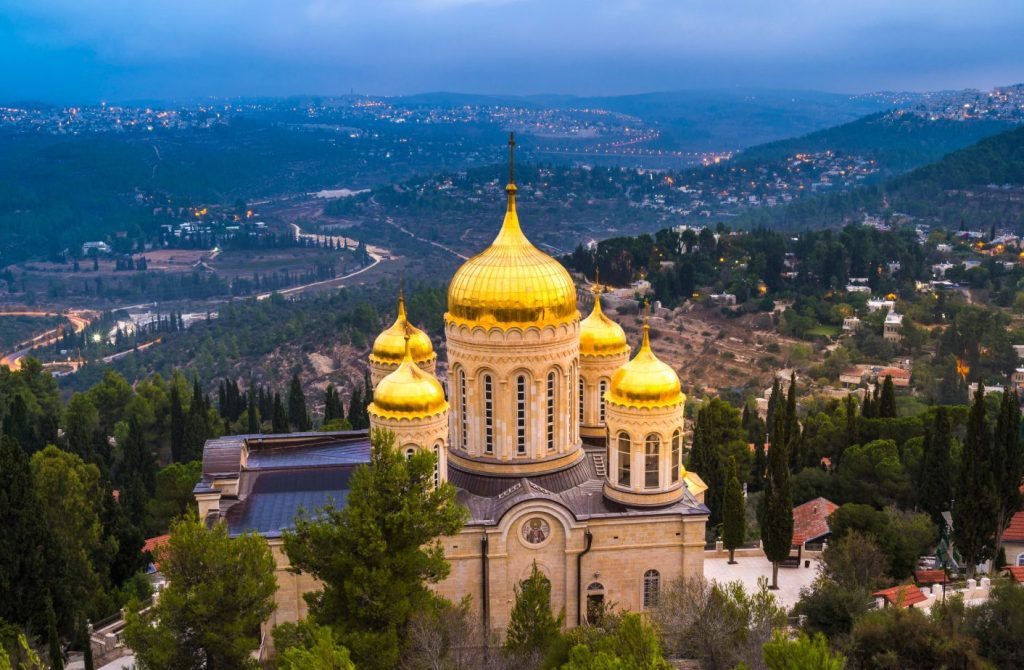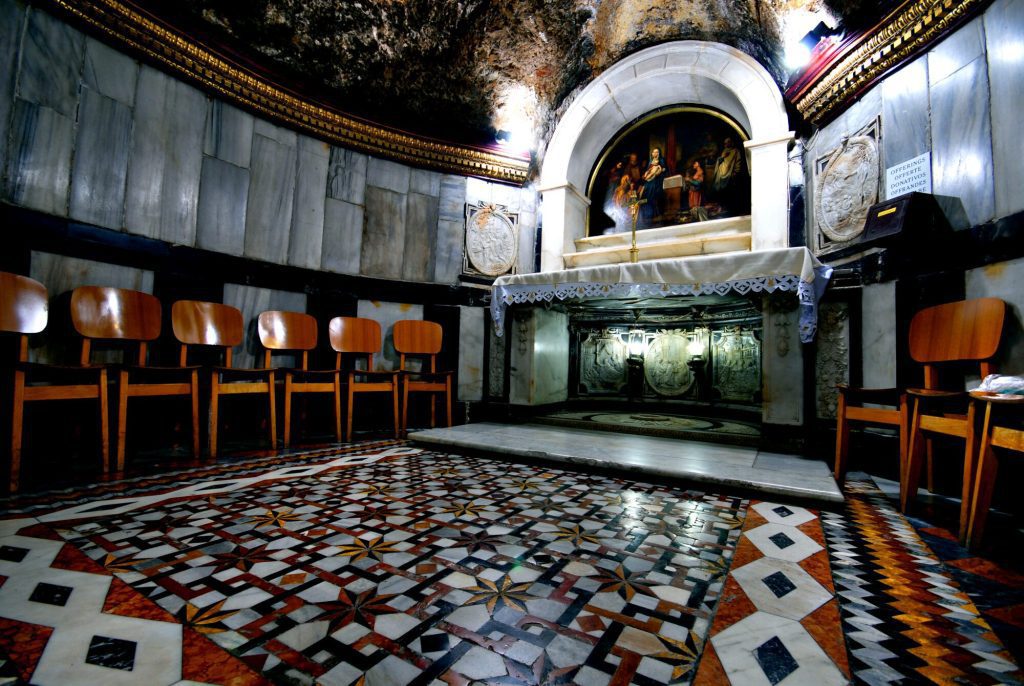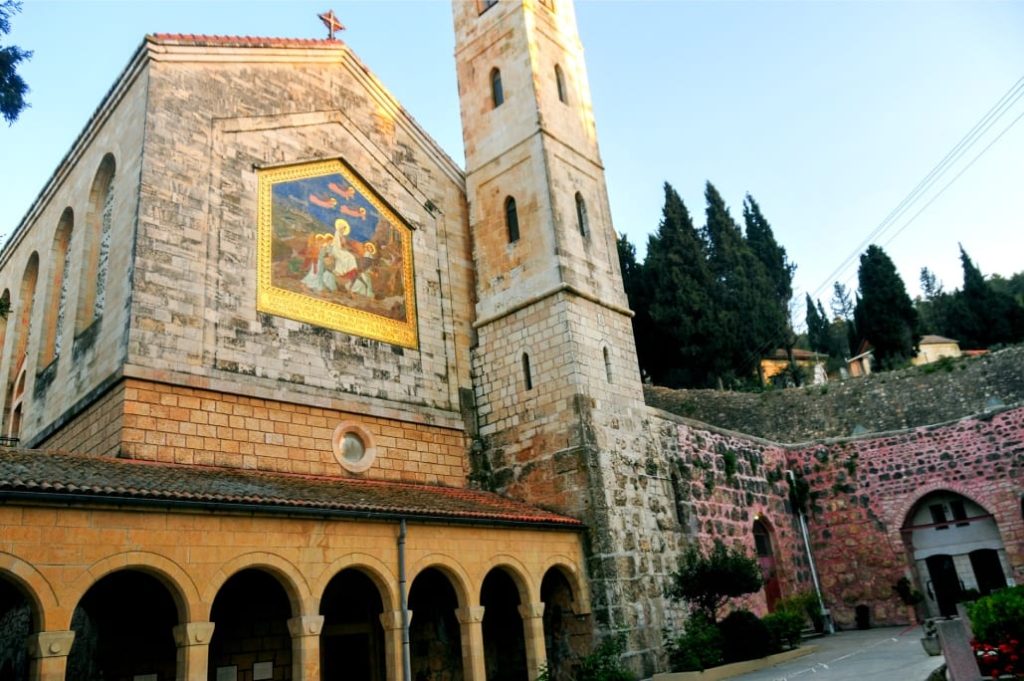My post about John the Baptist starts with an elderly couple, a priest named Zechariah and his wife Elizabeth. Although righteous they were unable to have a child, and they were getting on in years. But one day while Zechariah was serving in the Temple in Jerusalem. An angel appeared to him and announced to him that he would have a son who would turn the hearts of his people to God.

This was a magnificent annunciation. This child, eventually named John would receive the epithet ‘Baptist’; for John would appear beside the Jordan River and immerse people in water; as testimony, these people had repented of their sins. John drew many from the Galilee up in the north; Judea down in the south, including one particular Galilean, a Nazareth carpenter named Jesus.
What Can We Reconstruct About the Historical John the Baptist?
So we’ll start with his birth, recorded only in the Gospel of Luke 1:5-80. Luke begins his Gospel not with the genealogy of Jesus as in Matthew’s Gospel or the proclamation” in the beginning was the word” as we found the Gospel of John, or even by Jesus’ Baptism by John the Baptist as Mark starts. Luke starts with the Nativity of John the Baptist. The story itself conforms to a very familiar literary convention or Type scene. Typical to any reader of the Old Testament.

The Birth of John the Baptist
When the Bible mentions an elderly couple that can’t have a child, we know that eventually, they will have a child; They will have a son who will do something magnificent and save his people. This is the story of the Old Testament of Abraham & Sarah, Isaac & Rebecca, and Elkanah & Hannah, who have as a son the Prophet Samuel. John the Baptist nativity looks very much like the nativity story of the Prophet Samuel. We’ll see in later legend even the Virgin Mary is accorded a set of elderly parents who can not have a child. Their miraculous child winds up a girl and not a boy.
Christian Monasticism in the Judaean Desert

Luke’s Gospel: The Birth of John the Baptist
In the days of King Herod of Judea, Luke tells us in chapter 1:5-7 there was a priest named Zechariah his wife was also a descendant of Aaron, which means both husband and wife came from priestly families; her name was Elizabeth. We know both of them are getting on in years. While offering incense at the altar (Luke 1:8-14), Zechariah is visited by the Angel Gabriel. He is told that Elizabeth would bear him a son who would be filled with the only spirit and this child:
“Would Make Ready a People Prepared for the Lord”
Gabriel further announces that the child should be named John and he must never drink wine or strong drink, in other words, John is being set up as like the prophet Samuel. The term is Nazirite. They do not drink wine, they do not drink strong drinks, and their tasks as Nazarites are to be set apart dedicated to God and for God. This is going to be a special child. Now Zachariah has a few questions about this. It is said in Luke:
“I’m an Old Man and My Wife is Advanced in Years”
Gabriel responds that this disbelief would cause Zachariah to become mute until his son is born. People in Luke’s Audience would find this amusing, smile, and recognize the convention. Zachariah does return home, and the Angelic Annunciation is fulfilled. Then, in Elizabeth’s sixth month, she receives a visit from her cousin, Mary (Luke 1:39-44). It turns out that Mary had been told by the Angel Gabriel, among other things, that her cousin Elizabeth is pregnant. When Elizabeth hears Mary’s greeting, we are told the baby leaped in her womb, and Elizabeth herself, filled with the Holy Spirit, proclaims to Mary:
“Blessed are you among women, and blessed is the child you will bear!”
Luke 1:42

So Luke does preclude any view that anybody possibly may have that John rather than Jesus is the one to be followed. This is not a minor concern because John had his disciples even after he baptized Jesus. In the Gospel account, when John is in Prison, he sends his disciples (Matthew 11:2-6) to Jesus to ask:
“Are You the One Who is to Come or We Should Wait for Another”
And his question isn’t of mere curiosity; the question is urgent because John knows that Herod Antipas could kill him anytime. Furthermore, the crowds recognize a rivalry between John and Jesus. They realize John and Jesus offer different programs. For example, they know that the disciples of John the Baptist fast; and they know that the disciples of Jesus do not (Matthew 11:18-19, Luke 7:33). But the Evangelists also use this rivalry to provide instruction to Jesus’s followers. In one of the ironies of the text, when John the Baptist dies, his disciples come and claim the body; when Jesus died, his disciples have fled (at least according to the Synoptics) and he is buried by a stranger, Joseph of Arimathea.







